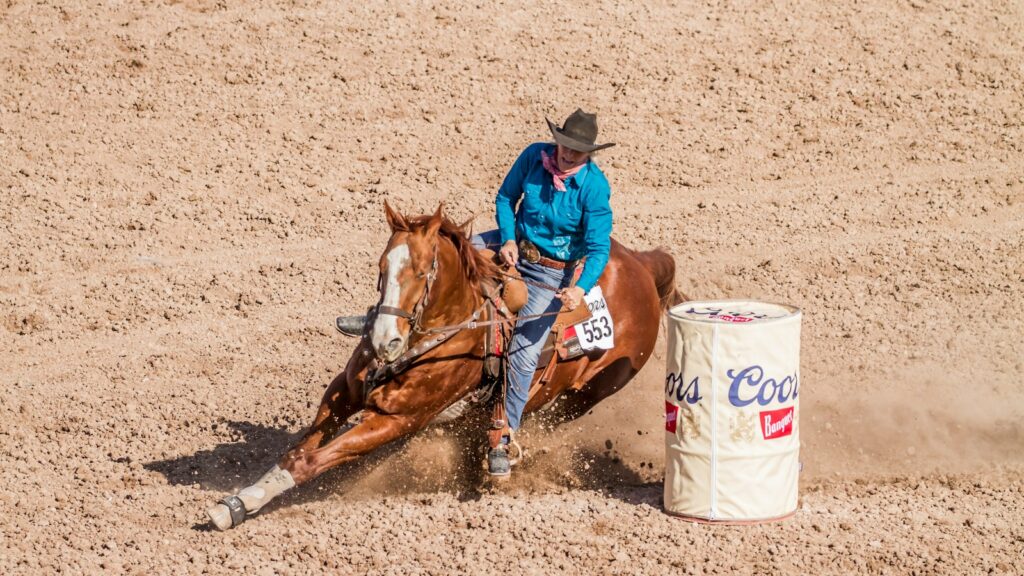Equine nutrition forms the foundation of performance, health, and longevity for hard-working horses. Whether your equine companion competes in high-level eventing, endurance racing, or works long hours on a ranch, their nutritional needs exceed those of horses with light workloads. The right combination of quality forage, balanced concentrates, appropriate supplements, and tailored feeding schedule can make the difference between a horse that merely survives and one that thrives under demanding conditions. In this comprehensive guide, we’ll explore evidence-based approaches to feeding the athletic or working horse, examining both essential dietary components and supplementation strategies that support optimal performance, recovery, and overall wellbeing.
Understanding the Unique Nutritional Needs of Working Horses

Working horses have significantly different nutritional requirements compared to their leisure counterparts due to increased energy expenditure, muscle exertion, and metabolic demands. Athletic horses can burn up to three times more calories than horses at maintenance, requiring proportionally higher intake of quality energy sources. These equine athletes also experience greater electrolyte losses through sweating, accelerated muscle tissue breakdown and rebuilding, and increased oxidative stress on their bodies. Micronutrient requirements—particularly certain vitamins and minerals that support energy metabolism and recovery—are also elevated in working horses. Understanding these unique needs is the first step toward creating an effective nutritional program that supports peak performance without compromising long-term health.
Cornerstone: Quality Forage as Foundation

Despite their specialized needs, the working horse’s diet should still be built upon the same evolutionary foundation as any equine diet: high-quality forage. Premium hay or pasture should constitute at least 1.5-2% of a horse’s body weight daily, providing essential fiber for gut health and slow-release energy. For performance horses, selecting higher-energy forage varieties such as early-cut timothy, orchard grass, or alfalfa can help meet increased calorie needs while maintaining adequate fiber intake. Forage analysis is particularly valuable for hard-working horses, allowing owners to identify potential nutritional gaps that may need addressing through concentrates or supplements. Remember that interruptions in forage availability can lead to digestive disturbances and increased colic risk, making consistent access to appropriate forage non-negotiable even during travel or competition.
Concentrated Energy: Selecting the Right Performance Feeds

When forage alone cannot meet energy requirements, performance-formulated concentrates become essential for the working horse. These specialized feeds typically contain higher levels of digestible energy through increased fat content (often 6-12%), quality protein (14-16%), and carefully balanced vitamins and minerals. For horses in heavy work, concentrates with higher fat levels offer “cool energy” without the excitability often associated with high-starch feeds, while simultaneously providing more calories per pound than traditional grain-based options. The carbohydrate profile of performance feeds matters significantly, with modern formulations often featuring a mix of soluble carbohydrates for immediate energy and complex carbs for sustained release during extended work. When selecting a commercial performance feed, evaluate not just the nutrient percentages but also ingredient quality, processing methods, and the manufacturer’s research background.
Omega Fatty Acids: The Performance-Enhancing Fats
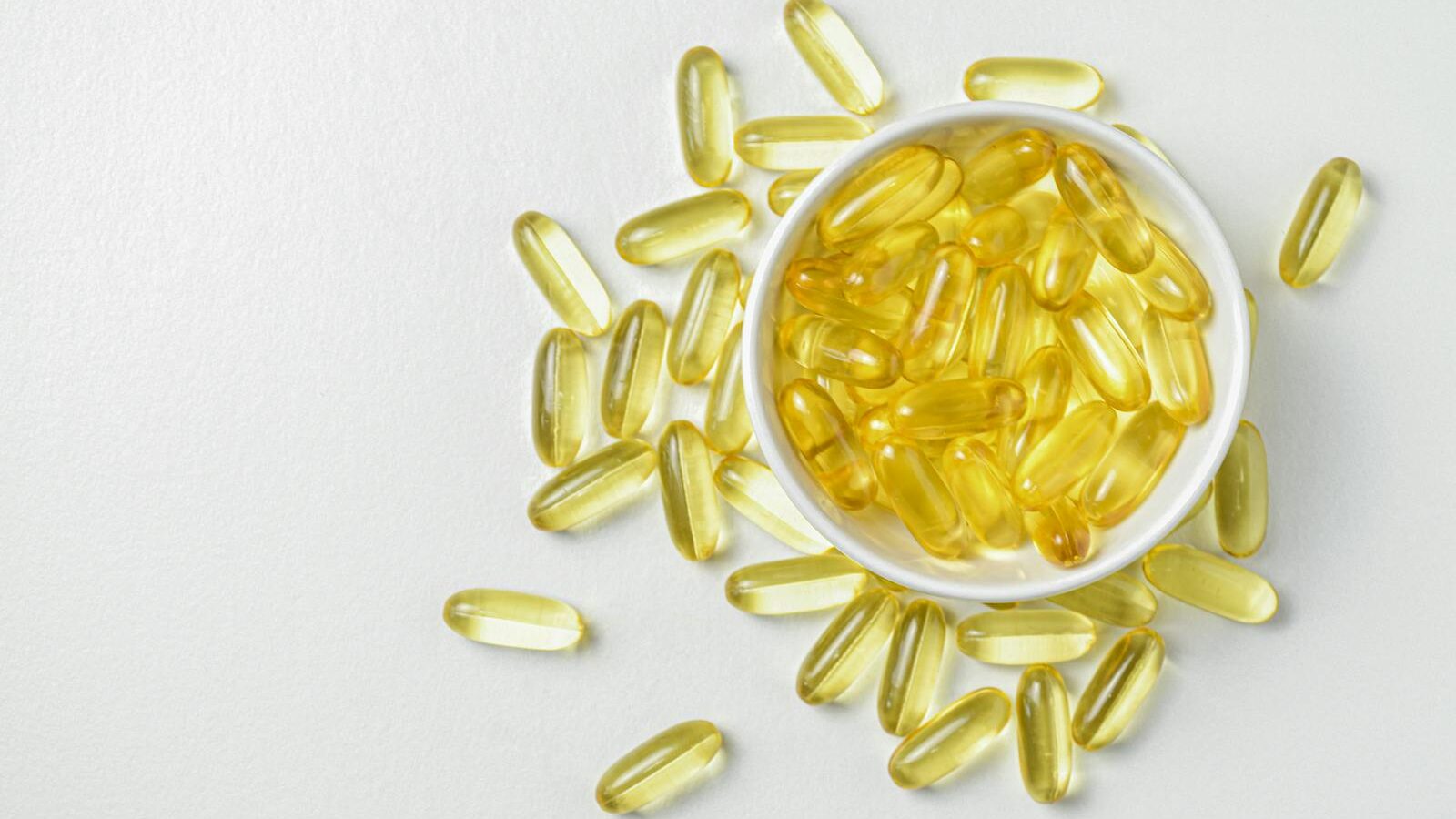
Fat supplementation has revolutionized equine performance nutrition, with research demonstrating numerous benefits beyond simply providing caloric density. Omega-3 fatty acids, found in flaxseed, chia seeds, and specialized equine omega supplements, have proven anti-inflammatory properties that can help manage the chronic inflammation associated with intense training and competition. These beneficial fats also support respiratory health, potentially improving oxygen utilization during exertion and reducing exercise-induced pulmonary hemorrhage in susceptible athletes. The omega-3:omega-6 ratio is particularly important, as most commercial feeds contain abundant omega-6 fatty acids but insufficient omega-3s to maintain proper balance. For optimal results, performance horses often benefit from receiving 1-2 cups of flaxseed or 4-6 ounces of high-quality fish oil daily, gradually introduced to allow digestive adaptation.
Electrolyte Replacement: Critical for Recovery and Performance

Electrolyte loss through sweating represents one of the most immediate nutritional concerns for working horses, particularly during hot weather or prolonged exertion. A hard-working horse can lose up to 10-15 gallons of sweat during intense exercise, carrying away essential sodium, potassium, chloride, calcium, and magnesium—electrolytes vital for proper muscle function, nerve transmission, and hydration status. Commercial electrolyte supplements should contain primarily sodium chloride (salt) and potassium chloride, with smaller amounts of calcium and magnesium, while avoiding excessive sugar content that some manufacturers add for palatability. For regular training, daily electrolyte supplementation should be standard practice, while competition or extreme conditions may require multiple doses administered according to work intensity and environmental conditions. Plain salt (sodium chloride) should also be available free-choice year-round, as it addresses the primary electrolyte horses seek when given the opportunity.
Protein Quality and Amino Acid Supplementation
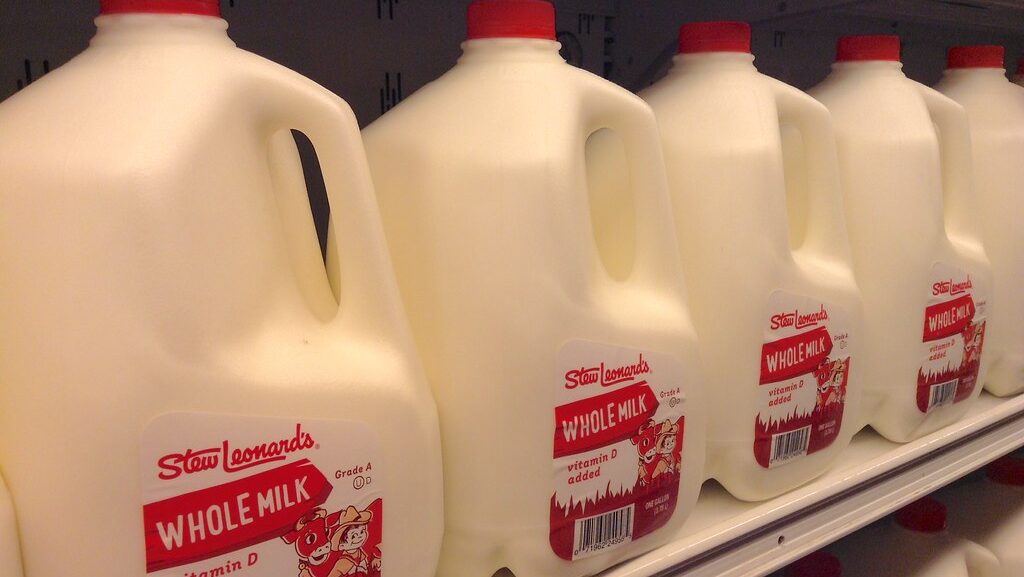
While protein quantity receives substantial attention in equine nutrition, protein quality—specifically the amino acid profile—proves more crucial for the working horse’s muscle development and recovery. Essential amino acids like lysine, methionine, and threonine become limiting factors in muscle protein synthesis, regardless of total protein intake. Hard-working horses benefit from feeds containing high-quality protein sources like soybean meal, alfalfa, or milk proteins, which provide better amino acid profiles than lower-quality options. Targeted amino acid supplementation, particularly branched-chain amino acids (BCAAs) like leucine, isoleucine, and valine, has gained popularity in performance horse nutrition based on research showing enhanced muscle recovery and reduced soreness after intense exercise. For specific performance concerns, supplements providing 15-30 grams of essential amino acids daily, particularly when administered close to workout times, may support optimal muscle adaptation and repair.
Vitamin E and Selenium: The Antioxidant Powerhouse

Oxidative stress represents a significant consequence of intense physical exertion, with exercise increasing the production of free radicals that can damage cellular structures throughout the body. Vitamin E and selenium work synergistically as potent antioxidants, neutralizing these harmful compounds and supporting cellular integrity during periods of stress. For hard-working horses, requirements may exceed the National Research Council’s minimum recommendations, with many sport horse nutritionists suggesting 1,000-3,000 IU of vitamin E daily, depending on work intensity. Selenium supplementation requires greater caution due to its narrower safety margin, with total intake (from all sources) ideally maintained at between 2-3 mg daily for a typical 1,100-pound horse. Natural vitamin E (d-alpha-tocopherol) demonstrates superior bioavailability compared to synthetic forms (dl-alpha-tocopherol), making it the preferred choice despite higher cost, particularly for horses with known muscle issues or those competing at elite levels.
B-Vitamins: Fueling Energy Metabolism

The B-vitamin complex plays essential roles in energy metabolism, making these water-soluble nutrients particularly important for horses in demanding work situations. Thiamine (B1), riboflavin (B2), niacin (B3), and B12 directly participate in converting carbohydrates, fats, and proteins into usable energy within cells. While horses normally synthesize adequate B-vitamins through hindgut fermentation, research suggests that intense exercise, stress, illness, or antibiotic use can disrupt this production or increase requirements beyond what the horse can naturally produce. Injectable or oral B-vitamin supplementation before competition or particularly demanding training sessions may support optimal energy metabolism and potentially reduce recovery time. For horses showing signs of diminished performance, appetite loss during training, or poor recovery, a comprehensive B-complex supplement administered according to manufacturer guidelines may provide noticeable benefits, especially during peak competition seasons.
Joint Supplements: Protecting High-Stress Structures
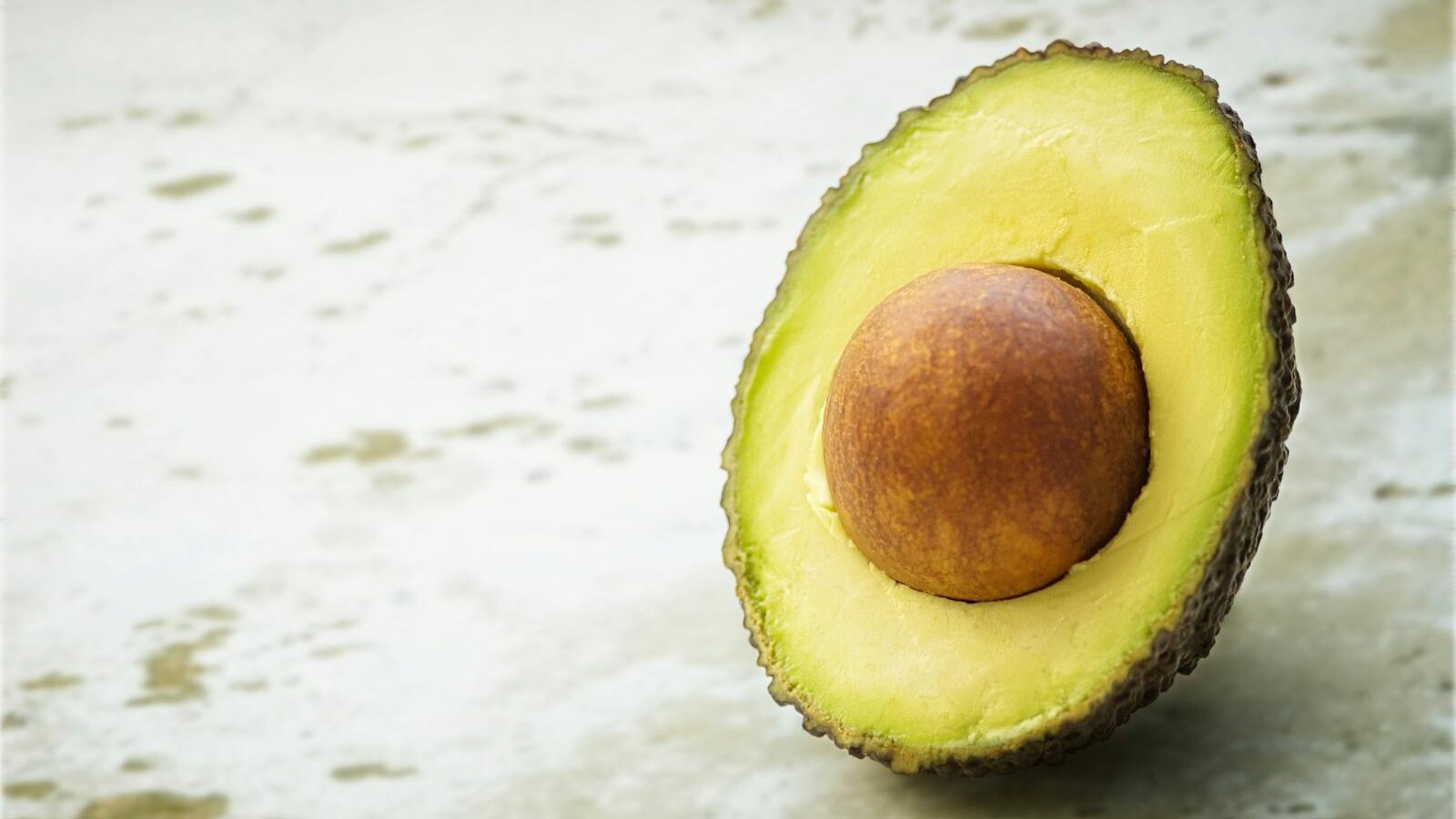
The repetitive, concussive forces experienced by working horses place tremendous strain on joint structures, making joint support supplementation a cornerstone of many performance horse nutrition programs. Evidence-based joint supplements typically contain combinations of glucosamine, chondroitin sulfate, hyaluronic acid, and MSM (methylsulfonylmethane), which together support cartilage synthesis, synovial fluid quality, and inflammation management. Newer generation joint supplements may also incorporate avocado/soybean unsaponifiables (ASU), green-lipped mussel extract, or collagen peptides based on emerging research supporting their chondroprotective properties. For optimal effectiveness, joint supplements should be viewed as preventative maintenance rather than treatment, ideally started before clinical signs of joint deterioration appear, with doses based on work intensity and the individual horse’s conformation and history. When evaluating commercial products, look for peer-reviewed research on both ingredients and finished formulations, recognizing that quality and bioavailability vary dramatically between manufacturers.
Adaptogenic Herbs for Stress Management
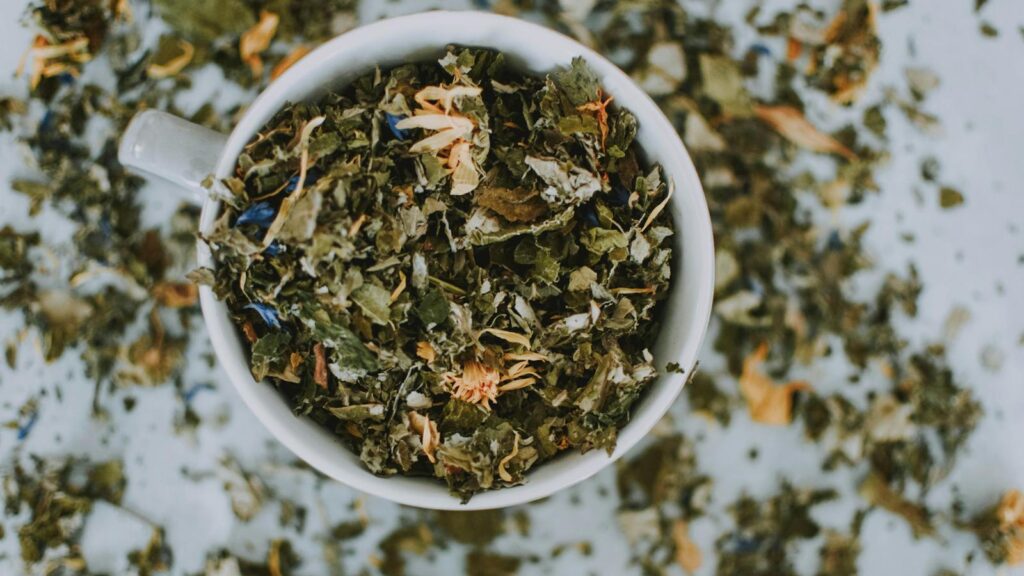
The physical demands placed on working horses often come with parallel psychological stressors—travel, competition environments, training intensity, and disrupted routines. Adaptogenic herbs like ashwagandha, Rhodiola rosea, and holy basil have gained attention in equine performance circles for their potential to modulate stress responses by supporting healthy cortisol regulation and autonomic nervous system function. These botanicals may help horses maintain better focus during high-pressure situations while supporting immune function that can otherwise become compromised during periods of intense training. Although research specifically in horses remains limited compared to human and laboratory animal studies, anecdotal evidence from trainers and emerging equine research suggests these supplements may benefit particularly sensitive or stress-prone athletes. When introducing adaptogenic formulations, allow 2-3 weeks before expecting noticeable results, as these herbs typically work through gradual physiological adaptation rather than immediate effects.
Probiotics and Digestive Support

The performance horse’s digestive system faces unique challenges, including stress-induced changes in gut motility, disrupted feeding schedules, and the substantial concentrate intake often necessary to meet energy requirements. Probiotic supplements containing beneficial bacteria (typically Lactobacillus, Bifidobacterium, and Enterococcus species) and prebiotic fibers can help maintain healthy hindgut fermentation despite these challenges. Advanced digestive support formulations may also include targeted ingredients like mannanoligosaccharides (MOS) to bind pathogenic bacteria, beta-glucans to support gut immune function, and specialized yeasts like Saccharomyces cerevisiae that enhance fiber digestion. For horses prone to digestive upset during competition or those requiring high-grain diets, these supplements may reduce colic risk and improve nutrient utilization. Digestive health should be considered foundational to all other aspects of the performance program, as even the best training and nutrition regimen will fail if the horse cannot properly digest and absorb nutrients.
Practical Feeding Strategies for Competition and Recovery
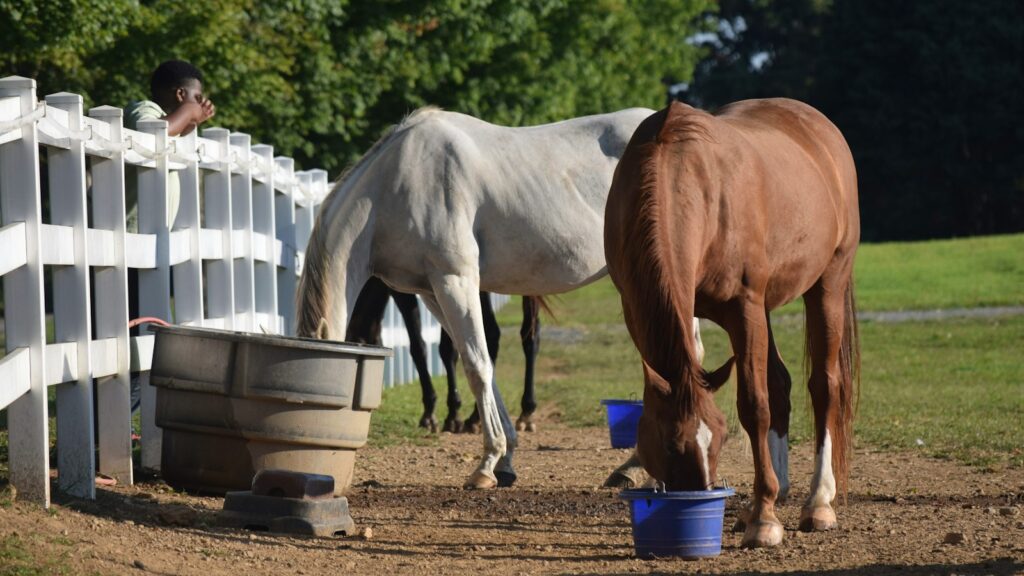
Beyond supplement selection, the timing and structure of the work horse’s feeding program significantly impacts performance and recovery. Feeding smaller, more frequent meals maintains steadier blood glucose levels and reduces digestive load compared to larger, infrequent meals. Pre-competition nutrition should emphasize easily digestible energy sources provided 3-4 hours before exertion, while avoiding excessive bulk that could impede respiratory capacity during work. Post-exercise nutrition deserves particular attention, with research suggesting a 30-60 minute “metabolic window” during which muscles more readily absorb glucose and amino acids for glycogen replenishment and protein synthesis. Hydration status should be monitored closely, with electrolyte-enhanced water offered frequently during recovery periods. Creating individual feeding logs that track performance relative to nutritional adjustments can provide valuable insights for optimizing each horse’s personal nutrition program, recognizing that responses vary significantly between individuals even within similar work categories.
Customizing Plans for Different Types of Work

The specific nature of a horse’s work dramatically influences both their nutritional requirements and the optimal supplementation strategy to support their performance. Endurance horses benefit from fat-adapted metabolism, typically achieved through higher-fat diets and specific training protocols that enhance mitochondrial efficiency and fat utilization pathways. Sprint disciplines like racing or barrel competition require higher glucose availability for explosive energy, necessitating careful carbohydrate timing and potential supplementation with rapidly available energy sources. Draft horses performing slow, sustained work have high overall caloric needs but different metabolic patterns than speed athletes, often benefiting from moderate-energy, higher-volume feeding approaches. Eventing horses face perhaps the most complex nutritional challenge, needing to support both explosive energy for jumping phases and sustained energy for cross-country, requiring sophisticated nutritional periodization that aligns with training and competition calendars. Working with an equine nutritionist to develop discipline-specific feeding programs can help address these nuanced requirements more effectively than generic performance feeding approaches.
Fueling Equine Athletes: The Art and Science of Horse Nutrition
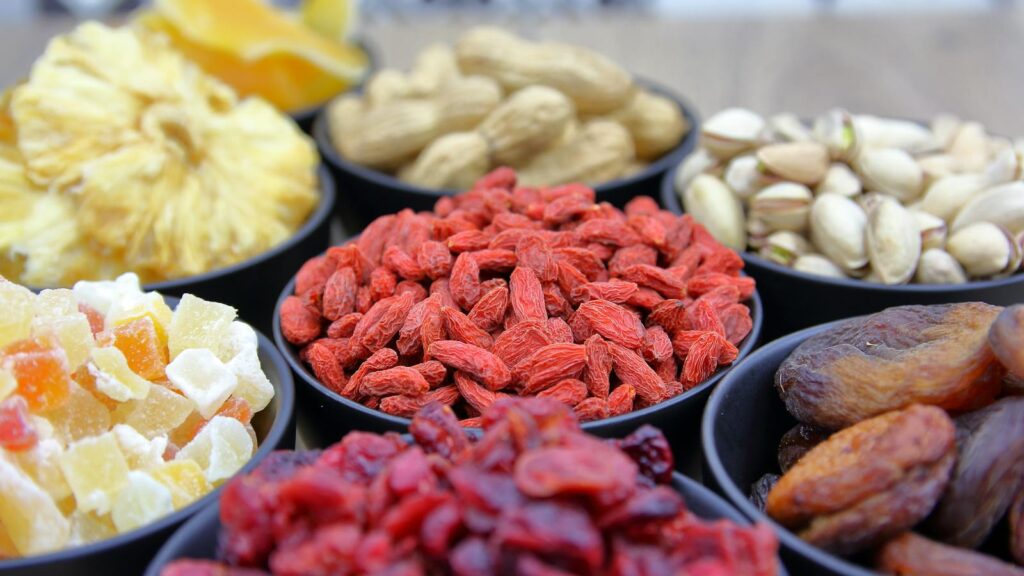
Nutrition for the hard-working horse represents both science and art—balancing research-based principles with careful observation of individual response. The ideal program provides adequate calories, optimal protein, balanced micronutrients, and targeted supplements while maintaining digestive health and supporting recovery. By understanding the physiological demands placed on these equine athletes and responding with thoughtful nutritional support, owners and trainers can help their horses perform at their best while protecting their long-term soundness and well-being. An investment in quality nutrition pays dividends not just in competitive success but in the sustained health and career longevity of these remarkable athletes.

